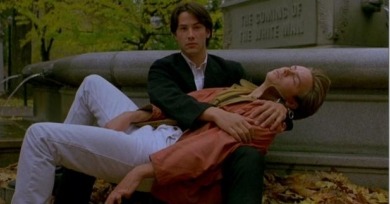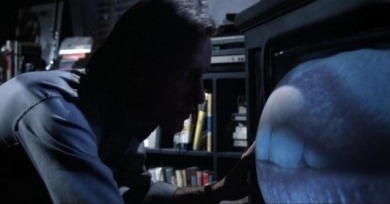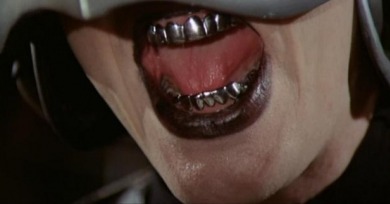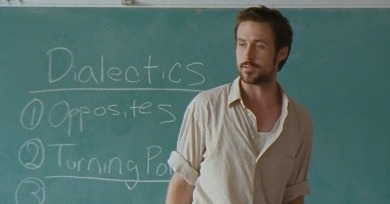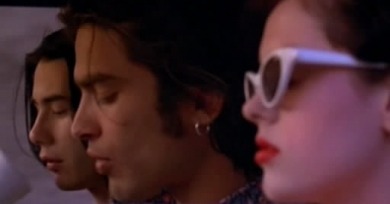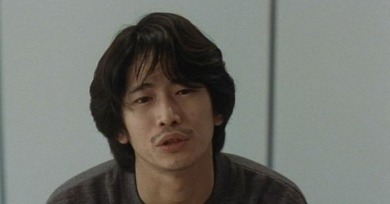Travis MacKenzie Hoover
The Puppetmaster is absolutely not a film I want to reduce. I love this film. It’s the Hou Hsiao-hsien film I would take to my grave, the one many others would too. It’s just that “greatness” is not quite the right word to ascribe to such a self-effacing movie.
When it first came out, My Own Private Idaho was unambiguously stamped with the label “gay movie.” Van Sant himself was eventually lumped in with the nascent Queer New Wave of Haynes, Kalin, and Araki, but this was an afterthought at best.
For years, I have isolated one surreptitious shot match in her largely overlooked Nenette and Boni as defining her particular brand of brilliance, which merges hyperstylized formalism with gentle realism to create something at once tactile and relaxed.
Cronenberg’s choice for the site of the revolution is a public-access cable channel innocently called “Civic TV”; it’s there that Max Renn (James Woods) gives his audience the hardcore sex and violence that the cathode ray tube had previously lived to deny.
Phantom of the Paradise manages to be angel and devil in equal portions—the binary opposition of De Palma picture and De Palma words finally brought together to create a harmonious whole.
Barring the fact that you have to be primed for blood and ghoulishness, there’s nothing that should keep most people from being thrilled by Forest Whitaker’s Idi Amin Dada impersonation and the attendant madness that marked the dictator’s reign.
Half Nelson is the same old Indiewood drama with some extra surface noise both narrative and visual: while changing one’s perception of the old teacher-student mentor relationship and the problems of a crusading educator in his mission, it’s still just a bit of low-stakes liberal hand-wringing.
The opening volleys were fired in 1991, when Douglas Coupland’s Generation X and Nirvana’s Nevermind established the climate of indie-but-not with near-beer versions of genuine cultural resistance.
One could never mistake Jarmusch’s films as explicitly political. The auteur is simply too wrapped up in the fascination he attempts to examine: even these two films are riddled with otherness.
Nothing is as simple as turning on and off a light, and thus Cure and Se7en offer a bad compromise between impossible alternatives.


